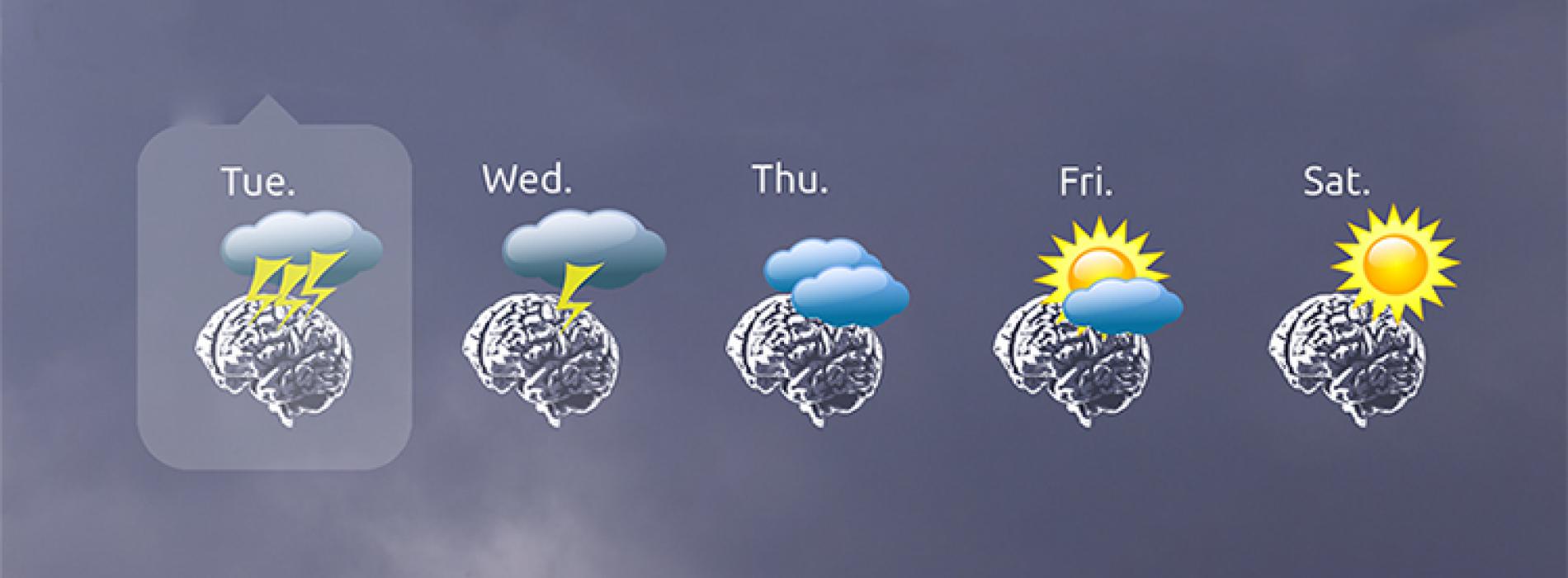
 News
News
A weather station for epileptic seizure
In common with weather disturbances, there are several time scales in epileptic brain activity. These can be used to predict the onset of a seizure one to several days in advance. ©UNIGE/Mélanie Proix
The unpredictability of epileptic seizures is a severe handicap for patients. Scientists have devised a technique that can predict seizure periods from one to several days in advance.
A third of epilepsy sufferers are resistant to treatment for this neurological disease that affects 1% of the population. The onset of seizures is unpredictable, and has been the subject of fruitless research since the 1970s. The unforeseeable nature of the disease means patients are forced to take medication and / or adjust their lifestyles. Neuroscientists from the University of Geneva (UNIGE) and the University Hospital of Bern (Inselspital) – working with the University of California in San Francisco (UCSF) and Brown University in Providence – have succeeded in developing a technique that can predict seizures between one and several days in advance. By recording neuronal activity over at least six months using a device implanted directly in the brain, it is possible to detect individual cycles of epileptic activity and provide information about the probability of a future seizure. This approach, published in the journal Lancet Neurology, is remarkably reliable, and prospective clinical trials are now in the pipeline.
To read the full press release, visit the following web-site.